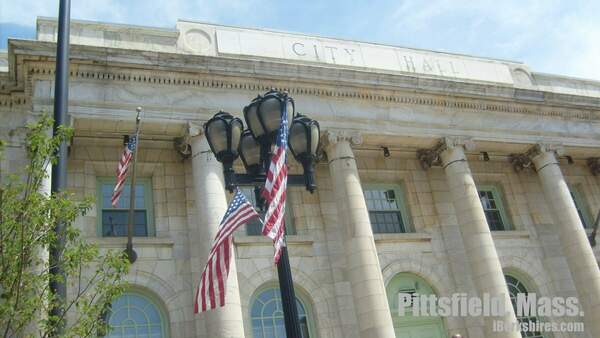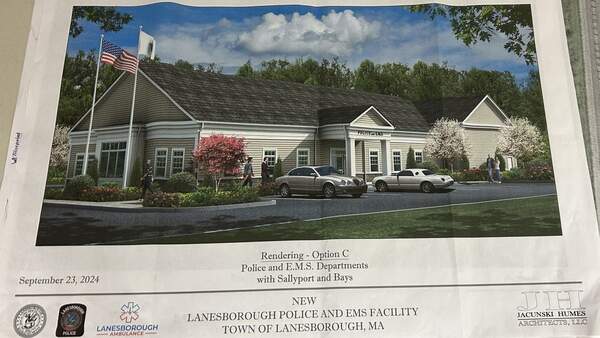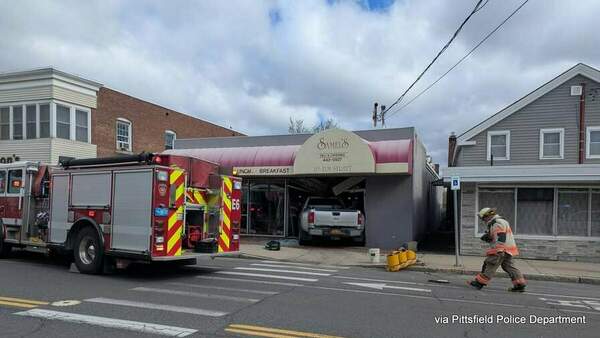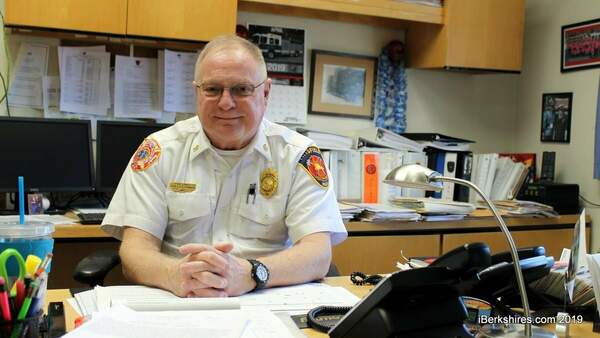West Nile Has Pittsfield Health Officials Pushing for Spraying
PITTSFIELD, Mass. — With river flooding and the presence of West Nile virus in mosquitos, the Board of Health is asking that the city resumes adulticide spraying.
Berkshire County Mosquito Control Superintendent Chris Horton feels that it is urgent to resume spraying to prevent human infection and that there was a "disconnect" between the health officials and the city.
Two years ago, the City Council voted to opt out against the BOH’s recommendation.
"I think it’s very important to break that disconnect and talk with our City Council members and address any concerns," Director of Public Health Andy Cambi said.
The board will send its recommendation for spraying to the council and ask that a plan is executed to address the virus's presence in Pittsfield.
In the last two weeks of July, two mosquito samples tested positive for West Nile. One was located in the Elm Street and William Street area and the other was in the city center near Wahconah Park.
Horton explained that the river flooding in the month of July led to a large patch of mosquitos and complaint calls started coming in last Monday.
The virus was found in culex mosquitos, which are flood mosquitos that breed in containers and wetlands.
"We have a threshold established around mosquito control plan and they have been over that threshold," Horton reported.
The city has contracted with the BCMCP for over a decade with modifications to the plan over that time.
It is considered to be integrated mosquito management that involves source reduction, larval control, adult control, and public outreach.
Adult control spraying has been the most controversial part of the plan because of the public concern for human and environmental health. The use of spray was derived from the U.S. Centers for Disease Control's 2013 guide for surveillance, prevention, and control of West Nile.
As a negotiation, thresholds were set to trigger mosquito spraying that included the number of infected species, the virus isolation, and river flooding.
The Massachusetts Department of Public Health has not changed the city's risk level but Horton wants to be proactive.
It was also pointed out that a small percentage of mosquitos are sampled, meaning that a positive result is significant.
"I think when we get a virus that says the virus is ample," board member Dr. Jeffrey Leppo said.
The panel members expressed that they believe the mosquito plan was well thought out and relied on the expertise of professionals.
The state also has the authority to mandate spraying for outbreaks of West Nile or Eastern equine encephalitis.)
Mosquito talk has been consistent in the last couple of years.
In April 2021, the subcommittee on Public Health and Safety voted to opt out of the spraying portion of BCMCP followed by an approval by the City Council later that month.
The Board of Health pushed back against the council's decision in September after an onslaught of the insects over the summer caused by heavy rainfall, asking the subcommittee to reconsider.
Instead, the subcommittee voted to opt out of BCMCP as a whole in October. Later that month, the City Council grappled with the idea and referred the matter to the Conservation Commission, the Health Department, and Commissioner of Public Services and Utilities Ricardo Morales.
The city never opted out of the program as a whole, but the mosquito spraying portion was discontinued. Pre-emptive larval control and catch basin operations remained.
Tags: mosquito spraying,















